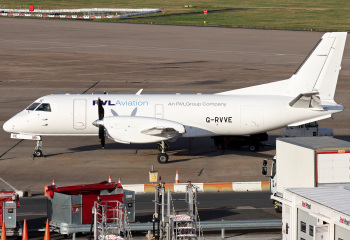On November 12th, 2014, the European Space Agency made history with their successful mission to land the Rosetta probe on a comet. This was the first time a human-made spacecraft had ever landed on a comet, and the first time a European spacecraft had ever landed on a comet.
The Rosetta probe was launched on March 2nd, 2004 from the Guiana Space Center in French Guiana. The probe was sent on a long journey to intercept a comet known as 67P/Churyumov-Gerasimenko. During its journey, Rosetta made several fly-bys of the Earth and Mars, as well as two asteroids. After a 10 year journey, Rosetta finally caught up to its target in August 2014, and began to follow the comet while gathering data.
On November 12th, 2014, the Rosetta probe made history by successfully landing on the surface of the comet. During the landing, the probe released a small probe known as Philae, which landed on the surface of the comet and sent back data to the Rosetta spacecraft. This data was then sent back to Earth, providing scientists with a wealth of information about the comet, which they had never had before.
The success of the mission was a major victory for the European Space Agency and marked a major milestone in space exploration. It was a major achievement, showing that Europe had the capability to send spacecraft to distant destinations and perform intricate maneuvers, such as landing on a comet.
The Rosetta mission was also important for its scientific findings, which included the discovery of organic molecules in the coma of the comet, as well as the discovery of many more complex molecules. These findings provide valuable insight into the origins of our Solar System, and may even provide clues to the origin of life on Earth.
The success of the Rosetta mission also inspired a new generation of space exploration, and has led to increased interest in exploring other bodies in our Solar System. The mission also provided an opportunity for Europe to showcase its technological capabilities, and has helped to establish Europe as a major player in the world of space exploration.
The Rosetta mission was a major success for the European Space Agency, and a major milestone for the entire world. It was a huge step forward for space exploration, and has inspired a new generation of scientists and engineers. The data collected from the mission will provide invaluable insight into the Solar System, and will help to shape our understanding of the universe for years to come.





Comments